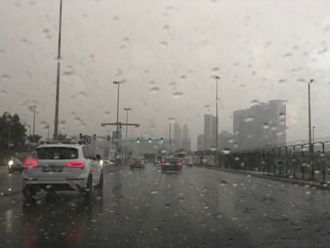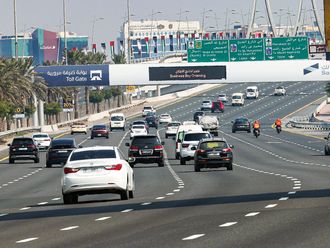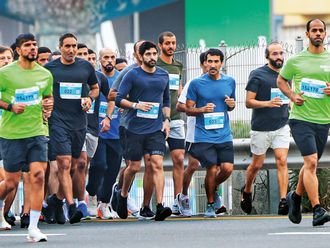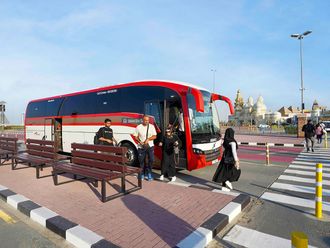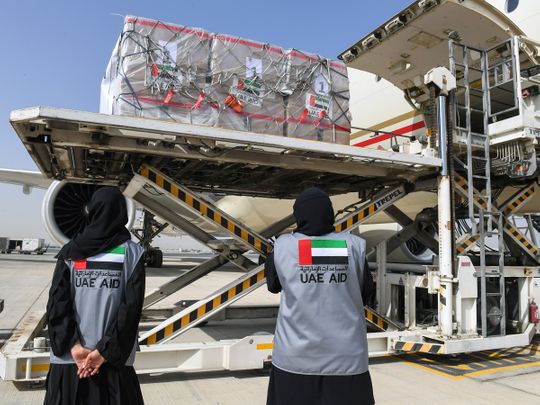
Cairo: On August 18, Wednesday, His Highness Sheikh Mohammed bin Rashid Al Maktoum, Vice President, Prime Minister and Ruler of Dubai took to Twitter to mark the World Humanitarian Day - which falls on August 19 every year. Sheikh Mohammed added that pioneers of humanitarian works in the UAE will be granted the Golden Visa in appreciation of their dedication and non-stop efforts.
Sheikh Mohammed said: “Tomorrow marks the World Humanitarian Day. We are very proud of our country, which has provided more than Dh 320 billion in aid since its establishment." As the UAE celebrates 50 years, all these efforts of the UAE are rooted in principles of the country's founding father, Sheikh Zayed Bin Sultan Al Nahyan.
Since its formation in 1971, the UAE has pursued a foreign policy grounded on moderation, tolerance, calm diplomacy, advocacy of peace, humanitarianism, and cultural diversity. The UAE humanitarian aid, offered to more than 175 countries, has never been shaped by racial, sectarian, or religious prejudice.
Sheikh Zayed’s inspiring legacy
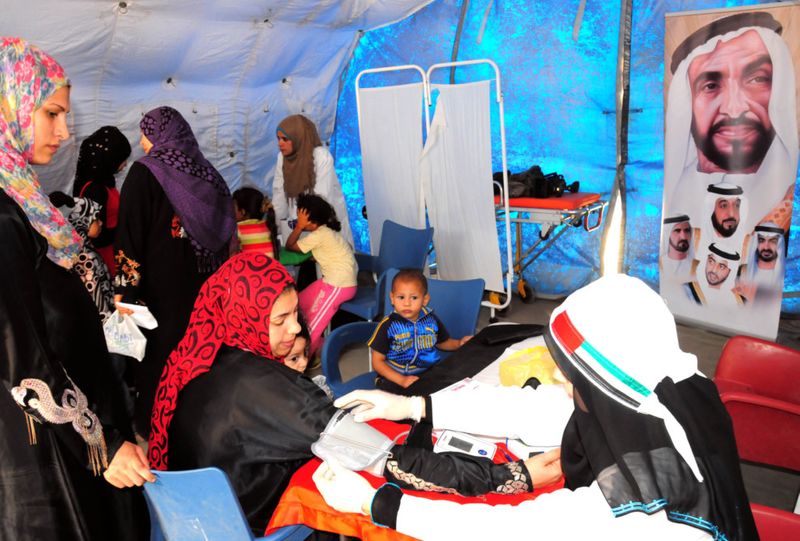
These fundamentals were eloquently summed up by the UAE founding president Sheikh Zayed Bin Sultan Al Nahyan who once said: “We are seeking peace. We respect right of the neighbour and take care of the friend.”
A staunch opponent of intolerance and extremism, Sheikh Zayed is also remembered for his statement in a 2002 interview: “Muslims stand against any person of Muslim faith who will try to commit any terror act against a fellow human being. A terrorist is an enemy of Islam and of humanity, while the true Muslim is friendly to all human beings and a brother to other Muslims and non-Muslims alike. This is because Islam is a religion of mercy and tolerance.”
Sheikh Zayed steered the nation’s helm until his death in 2004. During those years, he translated his ideals into inspiring deeds, ushering foreign policy into a new era. His reaction to Saddam Hussein’s 1990 invasion of Kuwait is a good case in point.
Reaction to Saddam’s Kuwait incursion
Sheikh Zayed happened to be in Egypt in August 1990 when Saddam unleashed the Iraqi forces on neighbouring Kuwait in a blatant violation of rules of good neighbourliness and Arabism. In response, Sheikh Zayed held emergency talks with Egypt’s then president Hosni Mubarak before he flew to Saudi Arabia and met with its then King Fahd on Saddam’s seismic act. Sheikh Zayed was also among the first Arab leaders to back then Egyptian President Hosni Mubarak’s call to convene an emergency Arab summit in Cairo.
The invasion resulted, among other things, in displacing tens of thousands of Kuwaitis; many of these were hosted by the UAE. The UAE, moreover, contributed forces to a 1991 multinational war that eventually evicted Saddam’s forces from Kuwait. After Kuwait’s liberation, Sheikh Zayed met the country’s then Emir Jaber Al Ahmed in September 1991 when he pledged unlimited UAE support for post-invasion Kuwait.
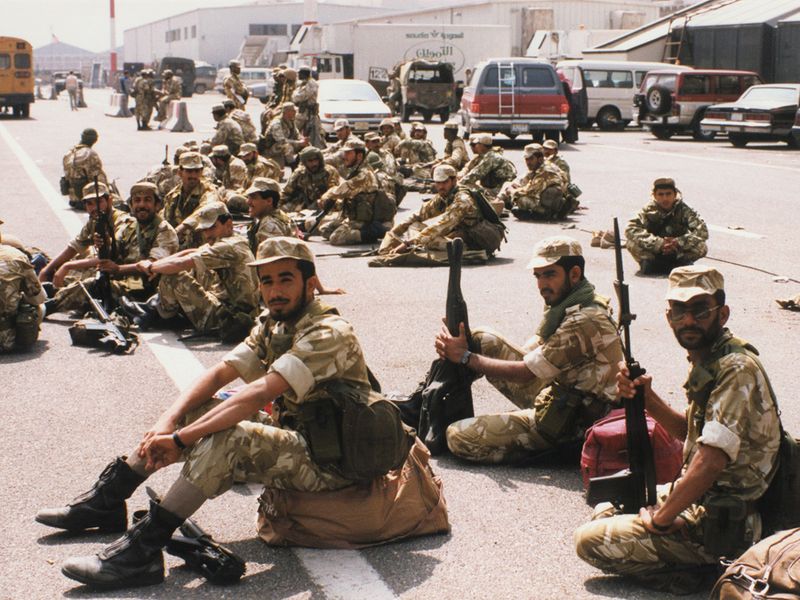
Unwavering commitment to Gulf, Arab and Islamic roots
Under Sheikh Zayed, known as the “father of the nation”, the UAE demonstrated unwavering commitment to its Gulf, Arab and Islamic roots. In 1973, Sheikh Zayed led the drive to impose an oil embargo on Western countries that adopted an anti-Arab posture while Egyptian and Syrian forces were fighting to retake their occupied territory from Israel.
“The Arab oil is not dearer than the Arab blood,” he proclaimed at the time. And in a gesture of solidarity, he donated 100 million pounds sterling to the Arab armies during that war, which opened the way for negotiations between Egypt and Israel culminating in the 1979 peace treaty between the two countries.
Sheikh Zayed also played a major role in creating the six-nation Gulf Cooperation Council (GCC) in 1981. The UAE has since been keen on strengthening the grouping.
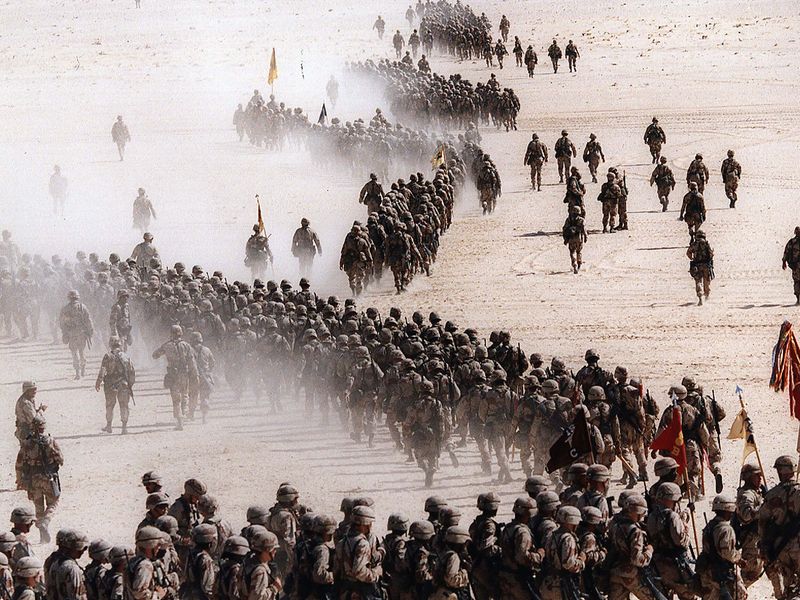
Espousing dialogue and openness
The UAE has been an advocate of dialogue as a tool for resolving disagreements. A salient example are the country’s efforts to resolve its dispute with Iran that has occupied the UAE islands of the Greater Tunb, the Lesser Tunb and Abu Moussa since 1971. The Emirati leaders have repeatedly urged Tehran to respond in good faith to efforts to reach a peaceful solution to the islands row to help consolidate Gulf security and stability.
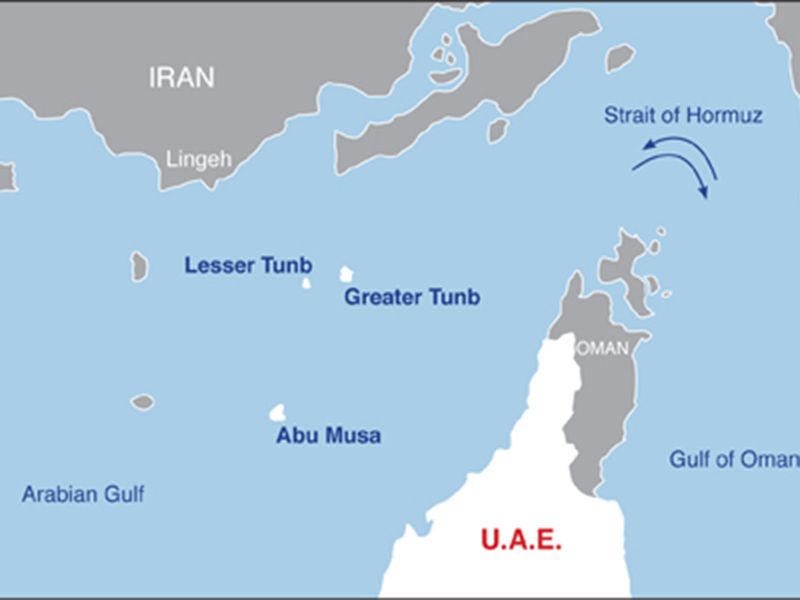
UAE diplomacy is so open to the outside world that it has formulated strategic partnerships with several countries around the world in different domains. The approach, catalysed by the country’s economic diversity and vibrancy, has elevated the UAE’s global standing as a pioneer of cooperation and welfare for all mankind.
The UAE engagement in world peacekeeping is established, too. In the 1990s, the UAE army participated in an Arab deterrent force tasked with ending Lebanon’s civil war as well as in the UN peacekeeping force in strife-torn Somalia. The UAE also played a prominent role in rebuilding post-war Lebanon and contributed to development schemes there..
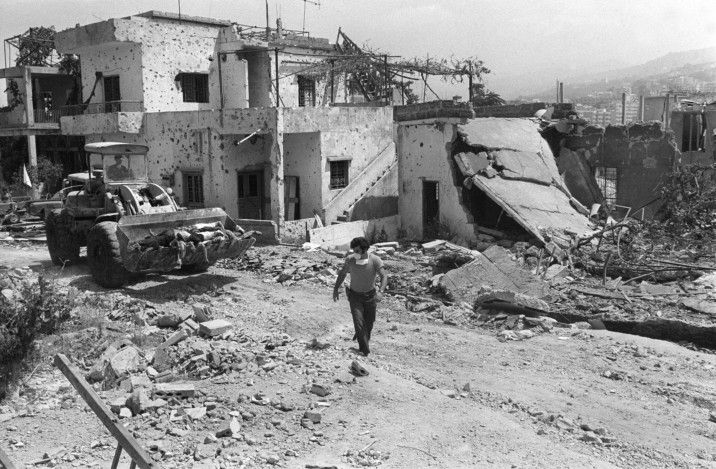
This legacy of dynamic and open-minded policy has been maintained and built on by the founder’s successor, President His Highness Sheikh Khalifa Bin Zayed Al Nahyan, who took office in 2004.
Thanks to its pro-active policy and its swift response to global changes, the UAE has emerged as an influential power on the regional and global arenas.
In 2005, the UAE co-led with Saudi Arabia a military alliance in Yemen against the Iran-aligned Al Houthi militia, who had toppled the internationally recognised government there and grabbed parts of the country. The Arab coalition’s campaign was unleashed in response to a request from the Yemeni government. All the same, the UAE has since backed UN and international efforts aimed to craft a peaceful solution to the Yemeni crisis, which is still elusive, no small thanks to Al Houthis’ recalcitrance.
In 2019, the UAE drew down its forces in Yemen as part of a strategic redeployment there. Over the past years, the UAE support for development projects in Yemen has gathered momentum. In fact, this attention emerged as early as 1972 when Sheikh Zayed made a visit to Yemen, the first of his four trips to the country. In December, 1986, he opened Yemen’s Marib Dam after its renovation at the UAE cost.
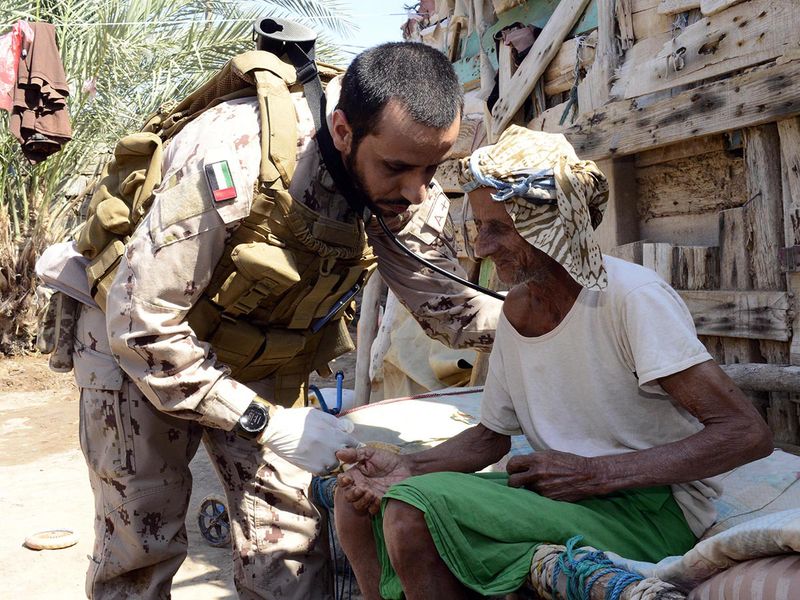
A firm believer in peaceful solutions to disputes, the UAE has pursued a diplomacy geared towards ending global problems and focusing attention on achieving prosperity for humans wherever they are.
For example, the UAE has undertaken active efforts for resolving Libya’s decade-old conflict. In February, 2019, Abu Dhabi was the venue for talks between Libya’s two main rivals Khalifa Haftar, the chief of the Libyan National Army, and Fayez Al Serraj, the head of the Tripoli-based Government of National Accord.
‘Emirates of benevolence’
Since its establishment in December 1971, the UAE has been known as the “Emirates of benevolence” owing to its wide-ranging humanitarian policy that Sheikh Zayed laid down and vigorously implemented.
No wonder, cities have been constructed in several countries named after Sheikh Zayed, who stressed that foreign assistance is one of the basic pillars of UAE foreign policy.
The UAE aid targets priority areas mainly humanitarian assistance, elimination of poverty, support for children, global sectoral programmes such as transportation, infrastructure, and empowerment of women.
This assistance is neither governed by politics nor limited by geography, race, colour or religion of the beneficiary, thus impeccably implementing the principle of tolerance that the UAE espouses.
In 1992, the Zayed Bin Sultan Al Nahyan Charitable and Humanitarian Foundation (ZayedCHF) was established under a royal decree with 1 million dollars as an endowment fund.
According to the decree, all the foundation’s revenue is utilised to fund projects as well as charitable and humanitarian activities inside and outside the UAE. The institution has since followed the late founder’s line in offering support for all human communities and programmes in fields of education, healthcare, scientific research and relief works.
The ZayedCHF projects included establishing the Zayed Motherhood and Childhood Hospital in the Yemeni capital Sana’a at a cost of around 25 million dirhams.
We believe that the benefit of the fortune granted to us by God should spread to cover our brothers and friends.
Under a 2014 government decree, the UAE Humanitarian Committee was set up with a view to channelling and combining collective expertise of UAE humanitarian responders to facilitate, oversee and coordinate the country’s humanitarian aid.
The UAE has offered a total of Dh274.9 billion to 178 countries since its establishment in 1971 until late 2018. During 2015, most humanitarian aid was allocated for refugees and internally displaced people affected by conflicts in Syria, Yemen and Iraq.
‘Arab Spring’ turmoil and cost
In 2011, several Arab countries experienced the so-called “Arab Spring” revolts that plunged some of them into bloody chaos and havoc as happened in Libya, Syria and Yemen. While keen not to meddle in others’ internal affairs, the UAE has always advocated territorial integrity and stability of countries in the region.
The UAE has also been in the forefront of donors to other Arab countries to help them restore security and achieve economic viability. Its support to Egypt is a telling example.
Egypt was gripped by unrest and economic depletion in the years that followed the 2011 uprising, which forced president Hosni Mubarak to step down. The Gulf countries, mainly the UAE and Saudi Arabia, have pumped total aid of around 92 billion dollars into the ailing Egyptian economy in the eight post-Mubarak years.
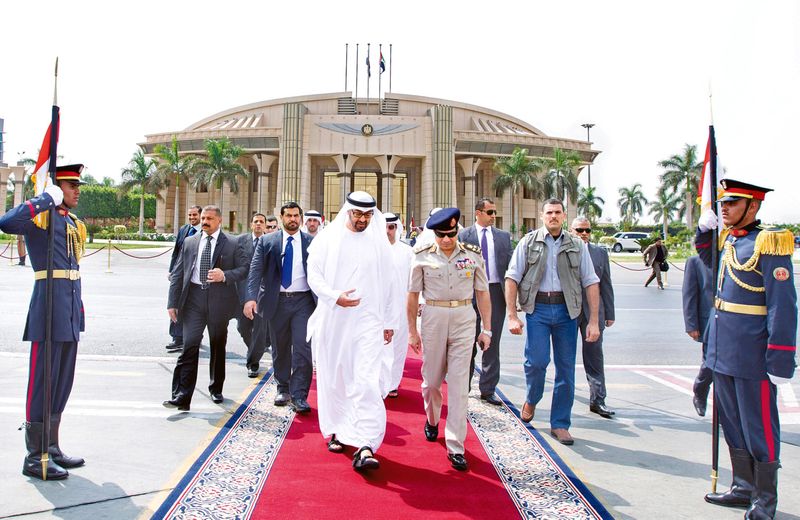
The UAE offered Egypt a 3 billion-dollar aid package after the ouster of Islamist president Mohammed Mursi following mass protests against his divisive and inefficient rule. In 2016, the UAE offered a $1 billion deposit with the Egyptian central bank as the country was experiencing a foreign currency crunch due to a wave of militant attacks. The UAE , meanwhile, stands out among top investors in Egypt, the Arab world’s most populous country.
Key partner in global battle against COVID-19
The global coronavirus pandemic has opened up a new front for the UAE assistance. While grappling with the coronavirus and its economic fallout at home, the UAE has been keen to send planeloads of medical aid to the virus-stricken areas around the world. Over 1,613 tonnes of medical aid have been sent to the outside world in support of the anti-pandemic fight.
In cooperation with international health groups, the UAE has helped these agencies efficiently deliver their aid to the countries in need.
The Dubai-based International Humanitarian City, the world’s largest humanitarian hub, has been pivotal in transferring more than 80 per cent of the World Health Organisation (WHO) assistance to several countries during the pandemic, making use of the UAE’s distinct geographical position.
Last year, the UAE dispatched two urgent relief planes carrying 32 tonnes of medical supplies and relief equipment to support Iran’s efforts for curtailing the spread of COVID-19. The UAE also facilitated a WHO mission to deliver 7.5 tonnes of medical supplies and equipment to Iran to help contain the virus.
Guidelines reiterated
His Highness Sheikh Mohammed Bin Rashid Al Maktoum, Vice President and Prime Minister of the UAE and Ruler of Dubai, has reiterated the guidelines of the country’s foreign policy when he said:
“The UAE is a friend to everyone. Peace is the basis of our foreign policy. Contribution to international development and assisting the poor, the needy and the weak top the agenda of the UAE diplomacy.”


